Canvas
Design classroom: Educational automatons
The Design Classroom is a learning environment in which to
people who are motivated by the
design and construction of own creations (object that
has characteristics similar to those of human life, or
animal).
One of the ideas for developing creativity is to
introduce a classroom of Automatons, evolving towards the
Robotics.
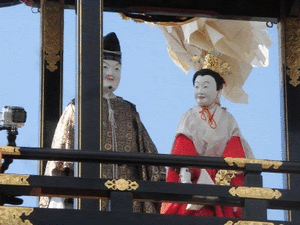
Image result of educational automata - Definition of automata
History of the automatons
Known automatons: puppets, theatre, cinema and animation
Pedagogy in the classroom of automaton design.
Robots
History of robots
Inventing to learn
Mechanisms and planes
Exhibition of creations
The toy as a learning strategy
Resources
Educational Robotics supports children in applying their knowledge and skills in physics, mathematics, logic, programming, design, planning, among other skills, which they also acquire through teamwork, project work and problem solving.
Participating in a Robotics course for children is a unique experience, children are given the opportunity to strengthen their imagination and creativity, applying it to technological models supported by pedagogical models that reinforce the teaching-learning process. This methodology guarantees greater learning in the field of science and technology applied to real problems.
Participating in a Robotics course for children is a unique experience, children are given the opportunity to strengthen their imagination and creativity, applying it to technological models supported by pedagogical models that reinforce the teaching-learning process. This methodology guarantees greater learning in the field of science and technology applied to real problems.
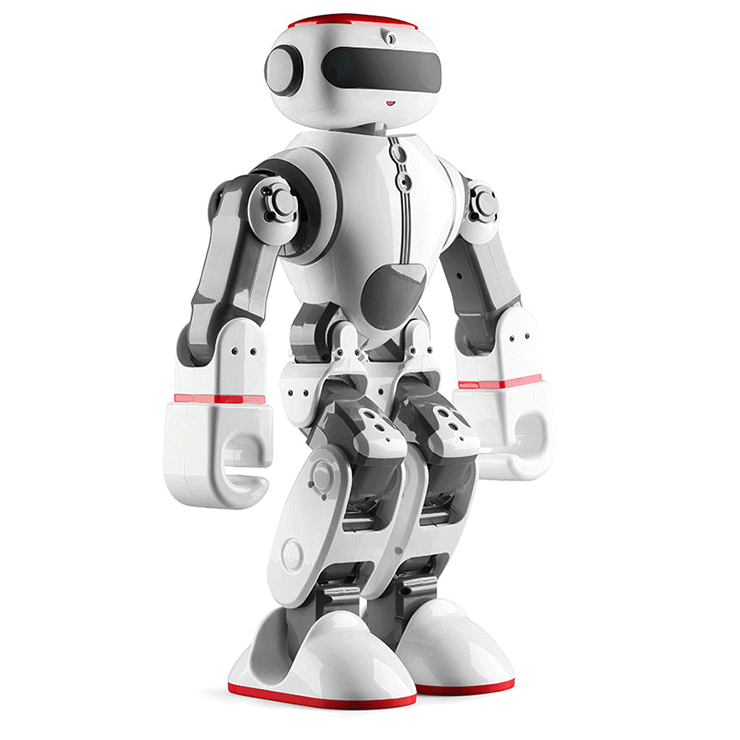
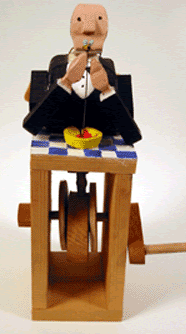 The improvement of teaching practices depends on the culture generated in the classroom. Therefore, if we turn each classroom into an ecosystem of reflection and continuous improvement of the teaching-learning process, we contribute to reinforcing the basis for innovation in curriculum design and development. Innovation is an activity that legitimizes improvements and the construction of fruitful and permanent advances in educational thought and practices. The innovations in the classroom are as varied as they are intense and have as their main protagonists the teaching staff and work teams, which develop training practices of a collaborative nature. These innovations include the analysis of interactions in the classroom, the construction of the methodological system of the teaching staff and the new curricular programming, as well as the most pertinent processes for teachers to advance in the knowledge and training of their competences and of students, aware of the creative role of training practices and the necessary involvement of actors in the teaching-learning process (Medina, 1988, 1995, 2003, 2009, 2010).
The improvement of teaching practices depends on the culture generated in the classroom. Therefore, if we turn each classroom into an ecosystem of reflection and continuous improvement of the teaching-learning process, we contribute to reinforcing the basis for innovation in curriculum design and development. Innovation is an activity that legitimizes improvements and the construction of fruitful and permanent advances in educational thought and practices. The innovations in the classroom are as varied as they are intense and have as their main protagonists the teaching staff and work teams, which develop training practices of a collaborative nature. These innovations include the analysis of interactions in the classroom, the construction of the methodological system of the teaching staff and the new curricular programming, as well as the most pertinent processes for teachers to advance in the knowledge and training of their competences and of students, aware of the creative role of training practices and the necessary involvement of actors in the teaching-learning process (Medina, 1988, 1995, 2003, 2009, 2010).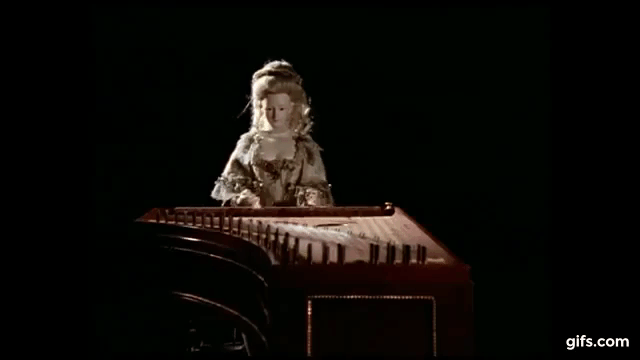



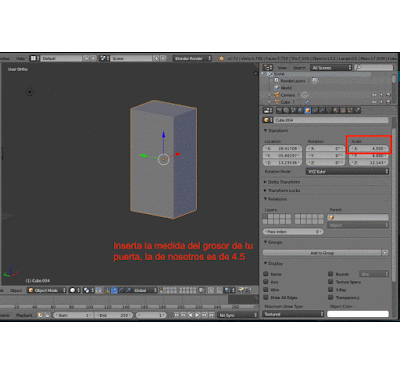

Comentarios
Publicar un comentario